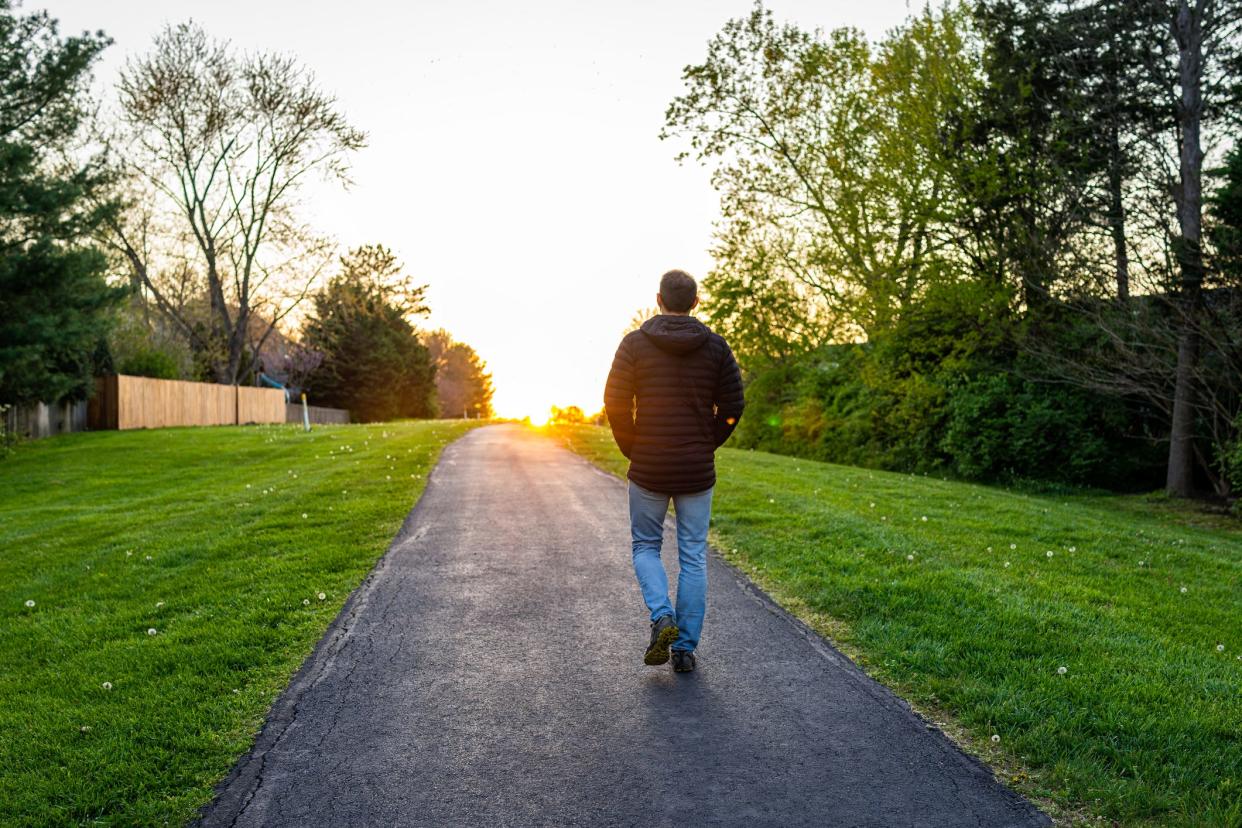$200K grant to provide rural EMS units with training on mental health, substance use treatment

Rural EMS department personnel will have a chance to learn how to treat those with substance use disorder or co-occurring disorders after a federal grant was awarded Friday to the University of Missouri.
The Missouri Rural Emergency Services Collaborative for Underserved Education EMS Training Program, or MO-RESCUE, will providing training on mental health and substance use care. The one-year, nearly $200,000 grant program, starts Sept. 30, according to information from the federal Substance Use and Mental Health Services Administration.
The program:
Trains EMS personnel to maintain licenses and certifications relevant to serve in an EMS agency;
Conducts paramedic training to rural EMS students to qualify them for national registry and Missouri State licensure;
Ensures paramedic students are provided curriculum comprehensive to mental health and substance use;
Creates a comprehensive continuing education curriculum which provides training specific to mental health and substance use;
Acquires needed items for successful training of rural EMS learners; and
Develops rural EMS agency specific toolkits containing local resources and public health linkages which can be adapted for each agency.
The award is part of a greater disbursement of $57.6 million in grant funds through SAMHSA in seven program areas focused on substance use recovery and treatment as a way to mark Overdose Awareness Week and the start of National Recovery Month.
“Overdose Awareness Week and National Recovery Month are moments to affirm our commitment to ensuring that all people facing behavioral health challenges are connected to effective, evidence-based and culturally responsive supports and treatments,” said Miriam E. Delphin-Rittmon, Ph.D., the U.S. Department of Health and Human Services Assistant Secretary for Mental Health and Substance Use, and the leader of SAMHSA, in the award announcement. “We want Americans who grapple with addiction to know that recovery is real and that, with treatment and supports, they can have fulfilling lives.”
More: She medaled at the Olympics, then struggled with addiction. Now she helps to end stigma
Other award areas are going to programs that integrate primary and behavioral health care; provide treatment to unsheltered individuals with severe mental health or emotional issues, substance use or co-occurring disorders; workforce support programs for substance use recovery; comprehensive opioid recovery centers; peer-to-peer recovery community services; and statewide recovery community services.
SAMSHA's 2023-26 strategic plan uses a new a new person-centered mission and vision, the award announcement noted.
More: Be Well Bell seen as symbol of hope as 988 mental health line marks one-year anniversary
Charles Dunlap covers local government, community stories and other general subjects for the Tribune. You can reach him at cdunlap@columbiatribune.com or @CD_CDT on Twitter. Subscribe to support vital local journalism.
This article originally appeared on Columbia Daily Tribune: MU receives federal grant for rural mental health, drug use EMS training

